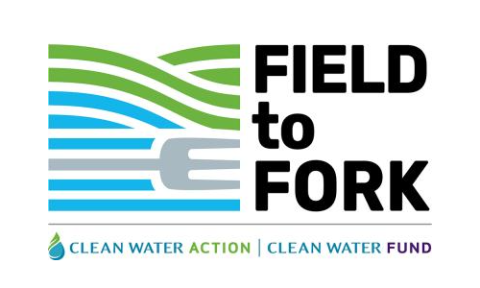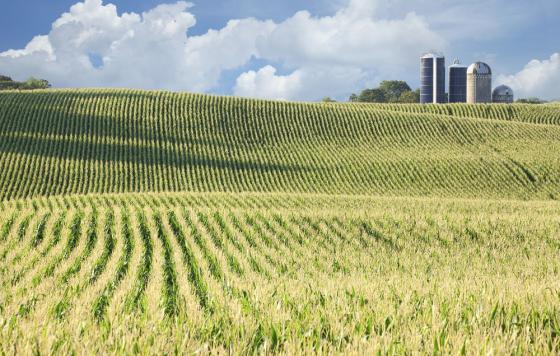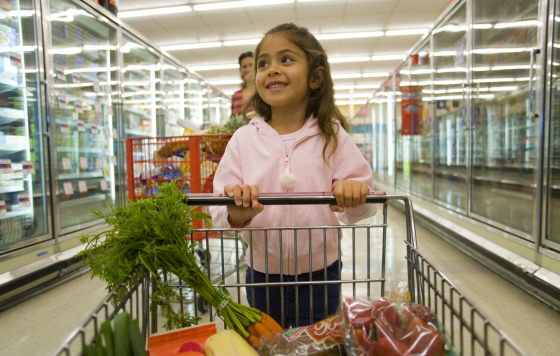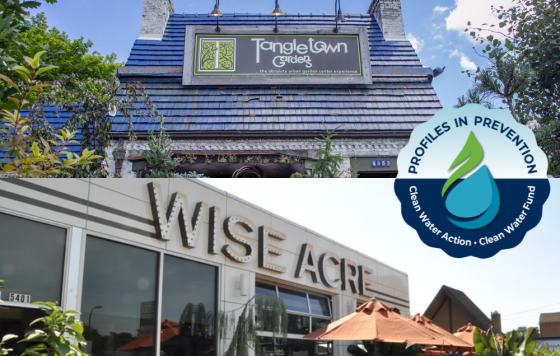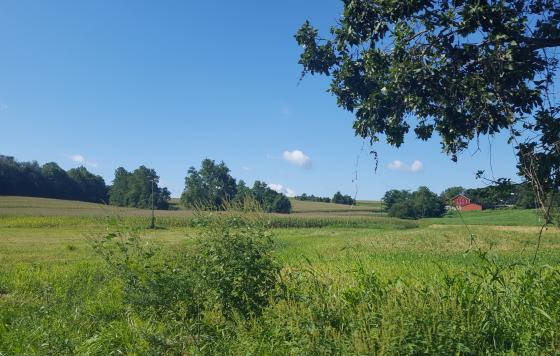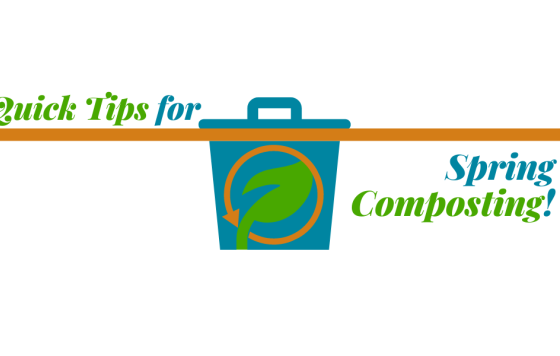Petition for Sustainable, Healthy, & Informed Grocery Shopping Options!
We all need to eat, and our collective choices in the food we purchase can make a big impact on the health of our environment - for bad and for good. Unfortunately, it's often difficult to find sustainable products on the shelf in the first place. Clean Water Action is asking Minnesota groceries to work with the Field to Fork program to improve the products they carry for sale.
